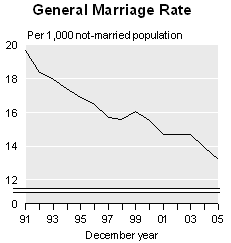For decades we've sudsidised education, health and welfare in our poorer neighbouring community, for no great social gain, because their law and order needs still take precedence.
There is a small bonus. He has promised to give us some "insight" into life "over the hill". It will be superfluous to my needs but a few people who read his column could do with some enlightenment.
Here is his first installment;
One thing I saw while working in Wainui was four very young kids, one a near newborn, who slept in the same room as their parents with the telly blaring. It was around midnight and not all were asleep. The other bedroom couldn't be used. They were all living in very sparse conditions to say the least, and I did'nt see much food about either.
What astounded me was the most expensive item in the house - a late model and flash Playstation with stereo etc., for the father to spend his days on. No, he did not have a job.








